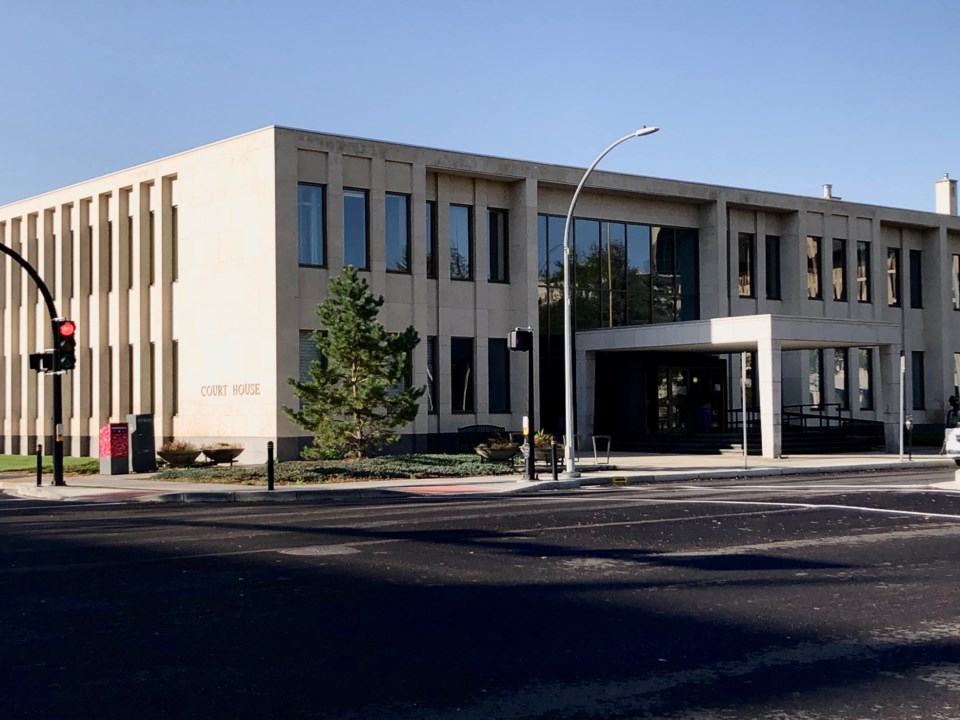Head of Crown defence Bruce Hughson began Wednesday’s proceedings in the five-day certification hearing for a class action suit, presenting the federal government’s reasons for opposing certification of the $600 million lawsuit.
Diane BigEagle is the primary representative for the class action, which is seeking compensation for families of missing and murdered Indigenous women due to the RCMP’s alleged negligence in investigations.
The Crown is opposing certification of the class action, stating that while Canada acknowledges the wrongs committed towards Indigenous people, a class action suit is not the proper method of providing compensation to the families named as class members.
BigEagle’s lawyer Tony Merchant spent the first two days of the five-day certification hearing arguing that RCMP were too distant during the investigation into the disappearance of Bigeagle’s daughter Danita in 2007, showing a “breach of duty” and “systemic negligence.”
Hughson began the defence’s counter by arguing that missing persons cases are under the jurisdiction of the municipal police service before they become the RCMP’s duty. In BigEagle’s case, he said that RCMP were operating in a liaison role at the request of the Regina City Police.
The Crown also argued that police have no private duty of care to ensure the future safety of victims or their friends and family, and that investigations by the RCMP are to take place for the public.
Defence lawyer Christine Ashcroft argued that there must be a specific source before a victim can be determined to be part of a special at-risk group, referencing Merchant’s earlier argument that RCMP know Indigenous women are an at-risk demographic and should have reacted accordingly.
During his opening remarks, Hughson also said that this claim must be considered separately from the Inquiry into Missing and Murdered Indigenous Women in order to proceed.
Ashcroft expanded, arguing that Merchant’s submitted evidence is seeking to prove negligence from the RCMP and that the MMIWG report seeks to outline acts of genocide, which the Crown says are different.
Genocidal actions require “knowingly engaging in unlawful conduct, with the knowledge that it would cause harm to the plaintiff” and Merchant’s submitted evidence does not prove this definition, said Crown defendants.
The Crown claimed the terms of the class action and it's included members is too broad in spectrum to be considered viable for certification.
Defence lawyers will finish their submissions on Thursday, with the hearing set to wrap up on Friday.




